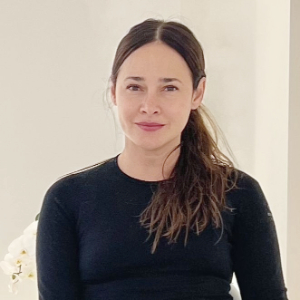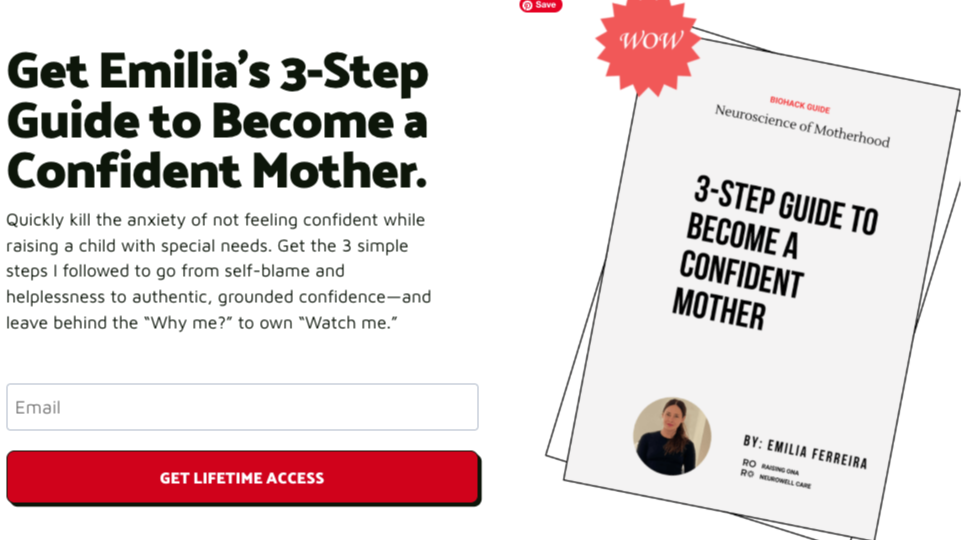
Your Child Is Not Their Cousin
If you’re the mother of a child with a motor and visual disability, you already know this:
people don’t know how to care—so they compare.
They don’t say “how can I support you?”
They say “she’s doing so well—have you seen how similar she is to my niece? She was late walking, too.”
Or “kids are all different, but they all get there eventually.”
They think this is comforting.
It’s not.
It’s lazy.
Comparison is the coward’s way of avoiding intimacy.
It’s what people do when they want to seem kind without actually being present.
Because to really see your daughter—to see her reality without filters, and still love her for who she is, not for who she reminds them of—requires emotional maturity most people never develop.

They compare because they need you to be okay—so they don’t have to confront their discomfort.
They need your child to resemble “normal” so they can sleep at night believing the world is fair.
Let me say it plainly:
Your daughter is not here to make other people comfortable.
Her existence is not a teachable moment for their children.
She’s not here to play the inspirational background character in someone else’s story.
And no, your daughter is not “just like” their cousin who was late to walk.
Your daughter is not almost there.
She is right here.
Living a different rhythm, in a different body, with a different kind of brilliance most people are too blind—or too scared—to see.
But no one says that.
Because they don’t know how to relate to something they can’t fix, explain, or fold into a motivational quote.

So instead, they compare.
They hide their discomfort in observations.
They dilute your experience to make themselves feel generous.
And if you say nothing, you get swallowed by it.
If you speak up, you become “too sensitive.”
But here’s the truth:
It’s not your job to teach the world how to handle your daughter.
It’s the world’s job to stop assuming that care means similarity, and that love only flows in familiar shapes.
You’re not asking for pity.
You’re asking for presence.
For the basic human capacity to witness difference and not run from it.

But most people can’t do that.
Because most people were never taught how to sit with what they don’t understand.
So they compare.
And in doing so, they tell you—without meaning to—that your child is only lovable if she can resemble someone else.
That’s not care.
That’s fear.



